RUSI Report Finds FATF Standards Widely Weaponized To Crack Down On Civil Society
The UK's Royal United Services Institute issued a 45 page report on the weaponization of FATF standards and its influence on the repression of watchdog organizations, journalists, critics and opposition groups - including a guide for affected entities.

The UK's Royal United Services Institute, a British defense think tank established in 1831 by the Duke of Wellington, is not the first institution that comes to mind when thinking of the protection of dissent. Yet last week, RUSI issued a 45 page report on the weaponization of FATF standards and its influence on the repression of watchdog organizations, journalists, critics and opposition groups.
The report finds that "the FATF standards have been weaponized by authorities worldwide as part of holistic campaigns to crack down on targets who threaten their interests, most often civil society actors such as watchdog organisations, journalists, opposition figures and other critics who threaten regime interests or stability."
Citing bank closures of Nigeria's End SARS activists, a Ugandan human rights lawyer, Alexei Navalnys' opposition campaign, a Guatemalan journalist, a religious activist group in the Phillipines, a business man in Egypt, and a journalist from India, the RUSI report states that:
"These are just a handful of the victims/survivors from around the world who have had their organisations closed, colleagues imprisoned, or bank accounts indefinitely frozen because of their pro-accountability and pro-transparency
work as members of civil society. All of these incidents, and countless more,
arise from a perversion of tools and powers stemming from anti-money laundering
and counterterrorist financing (AML/CTF) measures within the global anti- financial crime regime."
The report summarizes that the weaponization of FATF standards have a "detrimental effect" for civil society, finding that particularly FATF recommendation 8 intended to curb the financing of terrorism has been "directly linked to the systematic exclusion of NPOs from the banking sector, and used by states as justification for enacting draconian oversight measures that serve to encumber the [non-profit organization] sector in general."
"The FATF's manner of pursuing its mission through its universal standards has proven to be highly vulnerable to selective interpretation at best, and downright abuse at worst."
While the report's research largely focuses on the evaluation of authoritarian regimes, the report notes that "a handful of robust democracies have also been found to misapply anti-financial crime measures to meet ulterior objectives. As such, Authoritarian Abuses should be understood as actions taken by regimes to advance authoritarian ends- such as restricting freedom of assembly or opinion, or curtailing the freedom or fairness of elections.
Today it is becoming ever more evident that journalists, activists and other dissenting members of civil society under democratic governance are putting their lives and livelihoods in danger through protest, as seen in the 15-year long US prosecution of Julian Assange, the coordinated closure of bank accounts for Palestinian causes, a planned law in Germany for the deportation of individuals liking wrong-think on social media, or the imprisonment of protestors in the UK for making signs of Rishi Sunak as a coconut.
The report finds that, when it comes to FATF standards, governments "appear to be drawing on a common playbook of tactics", providing a "set of tools to enable domestic repression, strengthening their hands at a time when democratic and liberal norms are already in retreat."
The report becries a lack of "bird's-eye view" for affected civil society advocacy organizations, "depriving them of opportunities to exhibit transnational solidarity, share response options and advocate for reform" attributed to a highly complex and not-well known relationship between anti-financial crime legislation and regulation and FATF standards with little connection to the lived experiences of members of civil society, noting that "This area of global norms translating into state policy can be challenging to comprehend at all, let alone understand how it might be misused or contorted to target regime critics".
"Without a better understanding of both the FATF rules and techniques for abusing them, civil society actors are at a distinct disadvantage in anticipating or responding to circumstances where administrative and other anti-financial crime measures are used to intimidate them".
The report offers a guide for civil society to address the issue of intransparency, intended to "supply civil society actors globally with a guide, grounded on an impartial evidence base, to both the weaponisation of the anti- financial crime regime that is enshrined within the FATF standards, and to identifying and responding to these abuses".
Independent journalism does not finance itself. If you enjoyed this article, please consider contributing to our Geyser Fund.





